For decades, the world of cars was almost entirely defined by men: performance, horsepower, speed. Yet as women increasingly take leadership positions and accumulate significant wealth, the “old formula” has shifted. For female entrepreneurs, a car is no longer just a means of transport or a symbol of power, but an extension of lifestyle, identity and personal values. The “Women & Cars” trend is reshaping the global premium car market – and Vietnam is no exception.
Original Vietnamese version available here: Đọc bài viết tiếng Việt
From “a man’s car” to “a language of lifestyle”
Historically, luxury car brands targeted men. Car advertisements were associated with images of successful, powerful men who owned high-performance machines as proof of status. However, according to a 2024 report by Boston Consulting Group, women now account for more than 32% of global personal wealth, and the ownership of luxury cars among female entrepreneurs is steadily increasing.
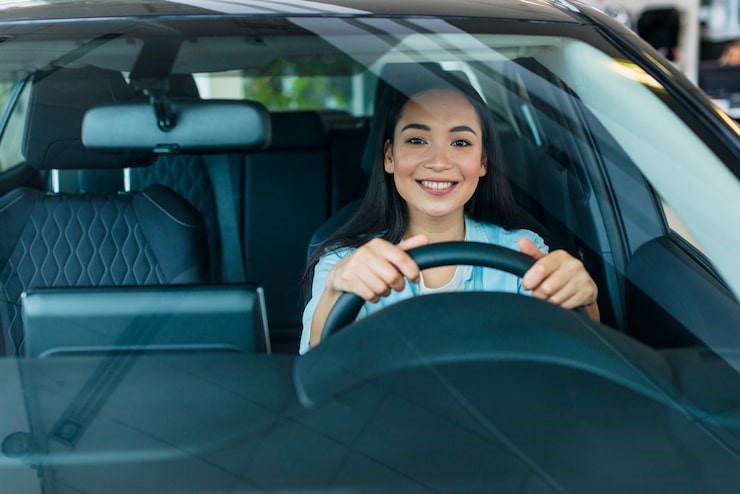
This has led to a fundamental shift: women do not buy cars merely for engine capacity or acceleration from 0–100 km/h. They seek more nuanced qualities: design, emotional experience, safety, smart features, sustainability, and the ability to reflect a unique lifestyle.
Choosing based on lifestyle – no longer about “horsepower”
- Cars as a “large fashion accessory”
For many female entrepreneurs, a car is akin to a “fashion statement”, a giant accessory aligned with personal style. A pearl-coloured Range Rover or a Mercedes-Benz S-Class with cream interiors not only serves business purposes, but also asserts elegance and authority. In Europe, a 2025 PwC Auto Insights survey revealed that 64% of female luxury car buyers considered “aesthetic design” the most important factor – outranking engine performance.
- Personal space – a “mobile living room”
In the fast-paced lives of entrepreneurs, a car often becomes one of the few private spaces to “be alone”. Female leaders regard it as a private sanctuary – a place to make calls, listen to music or relax between meetings. This makes interior comfort, sound systems, smooth ride quality and noise insulation decisive factors. Tesla’s Model X with “falcon wing” doors, the Lexus LM with executive seating, or the Mercedes-Maybach with its lounge-like cabin are popular with women precisely for these reasons.
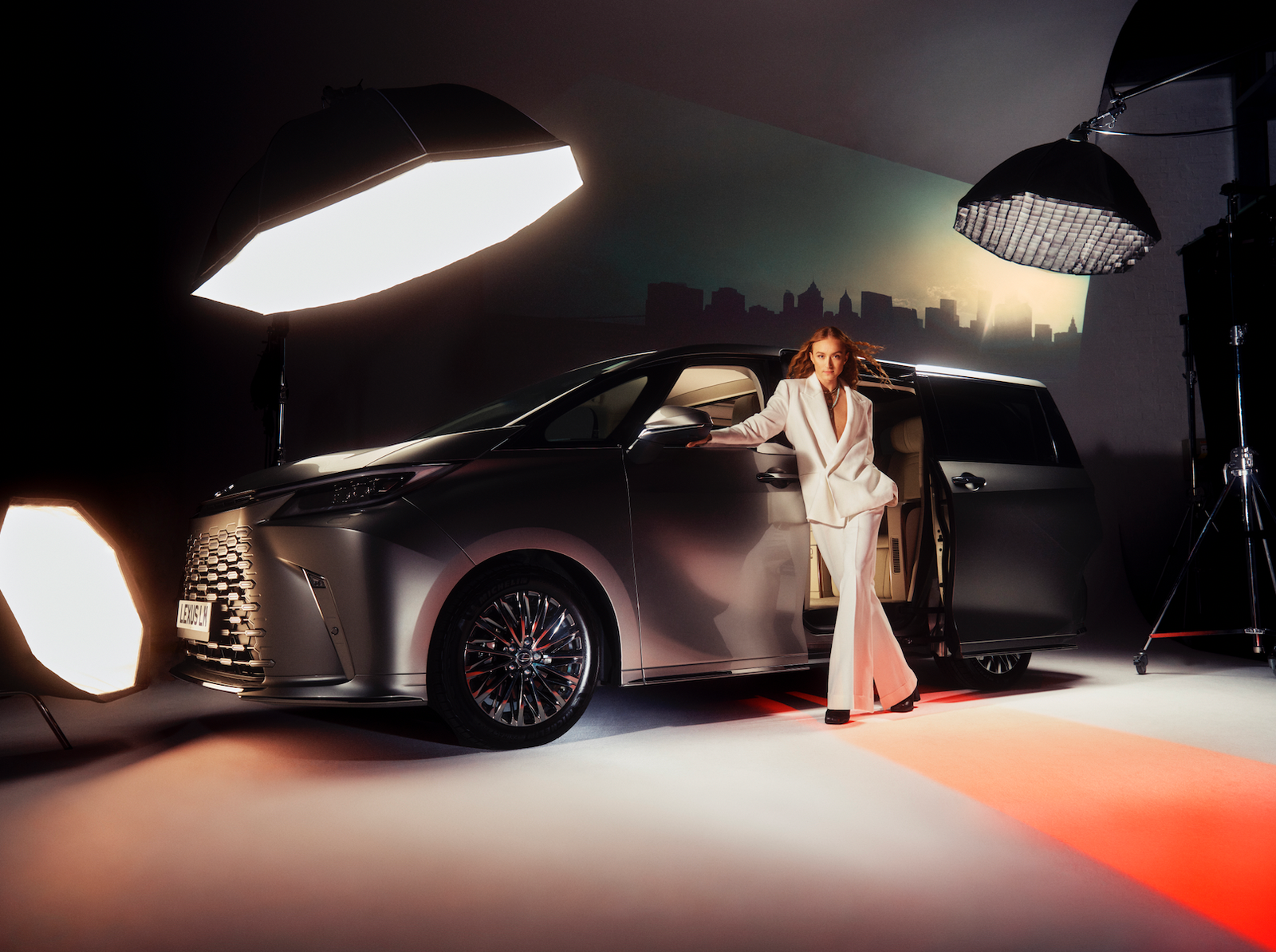
- Sustainability and social consciousness
A younger generation of female entrepreneurs, particularly Millennials and Gen Z, choose electric vehicles (EVs) not only for technology but as a commitment to environmental responsibility. Owning a Porsche Taycan or an Audi e-tron is both a “green living manifesto” and a reflection of modern taste.
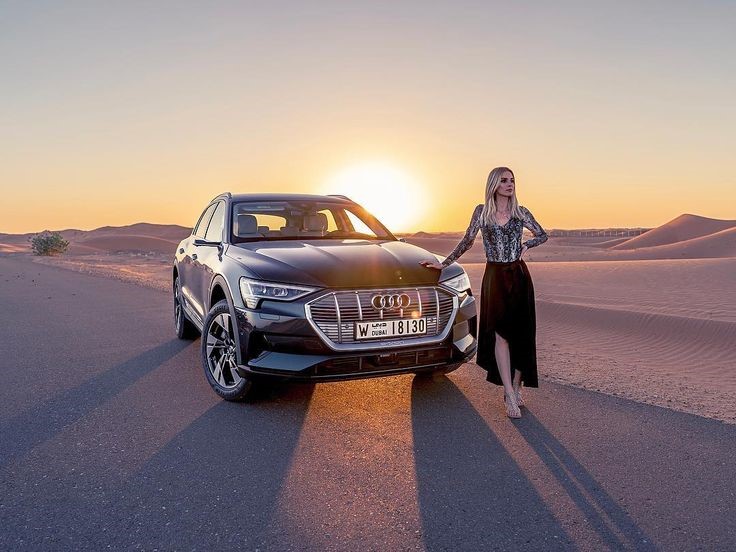
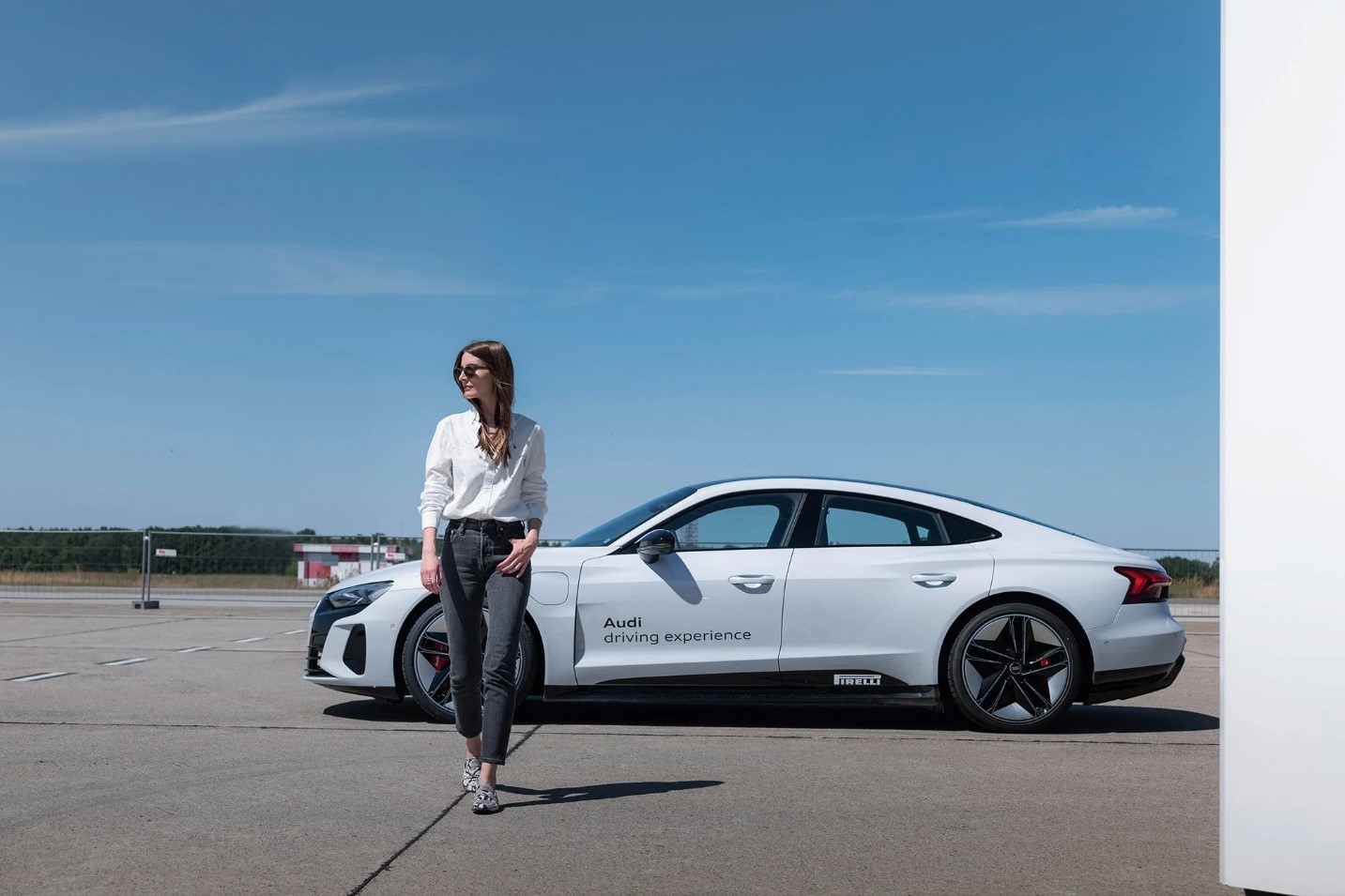
Brands winning over female entrepreneurs
Range Rover and refined freedom: Range Rover is the choice of many businesswomen thanks to its commanding presence, sophisticated interior and “go anywhere” character. It fits both boardroom meetings and weekend getaways.
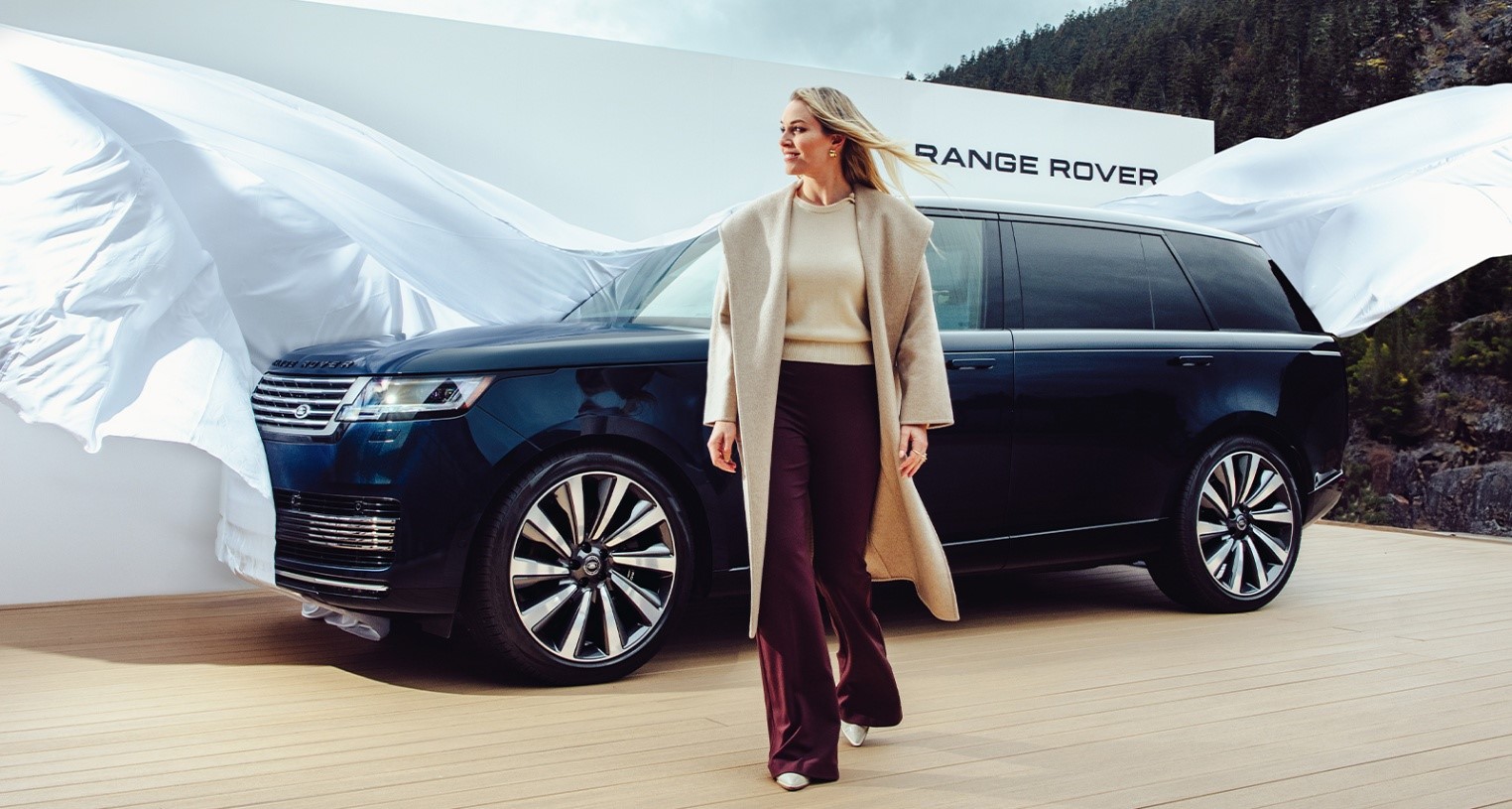
Mercedes-Benz & Maybach – timeless elegance: Mercedes has long been a familiar brand among Vietnamese women. In particular, the Maybach line, with its exquisite and serene cabin, has become a favourite for accomplished women who want to assert their status while preserving femininity.
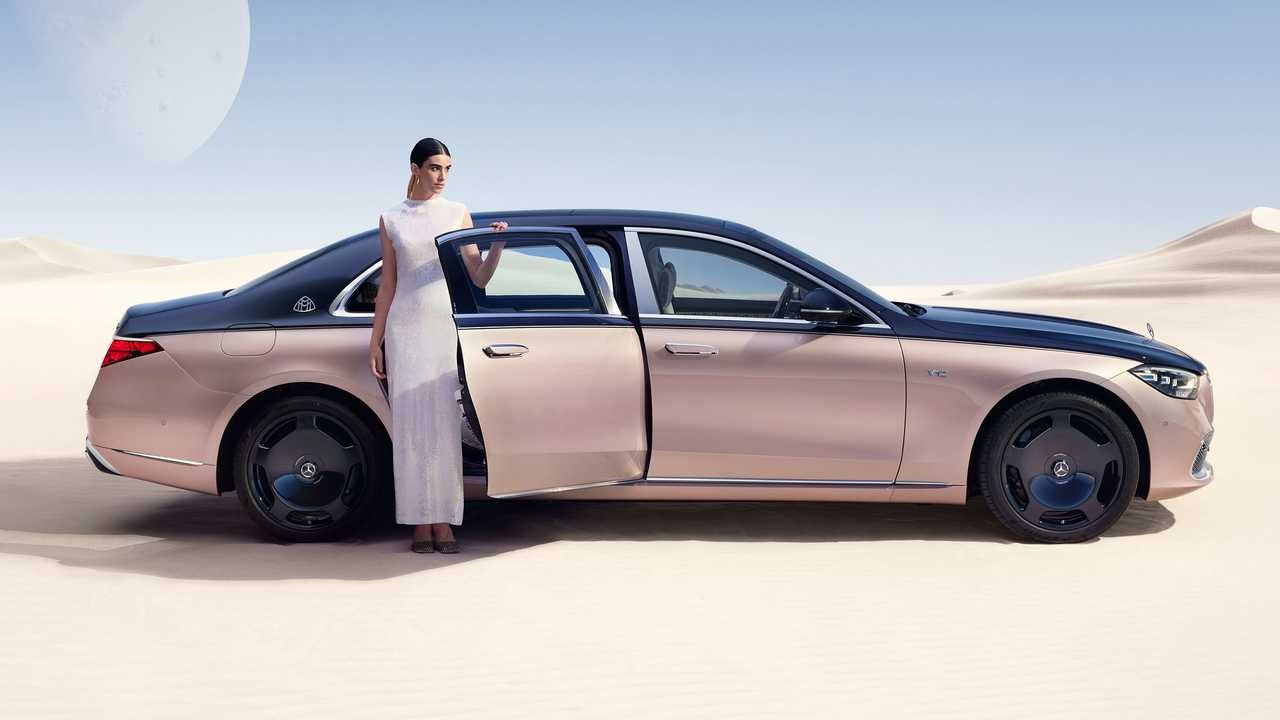
Porsche – sporty yet understated: Porsche’s Cayenne and Taycan are increasingly popular with female entrepreneurs. Agile yet refined, they embody the image of the “modern female leader”: powerful but stylish.
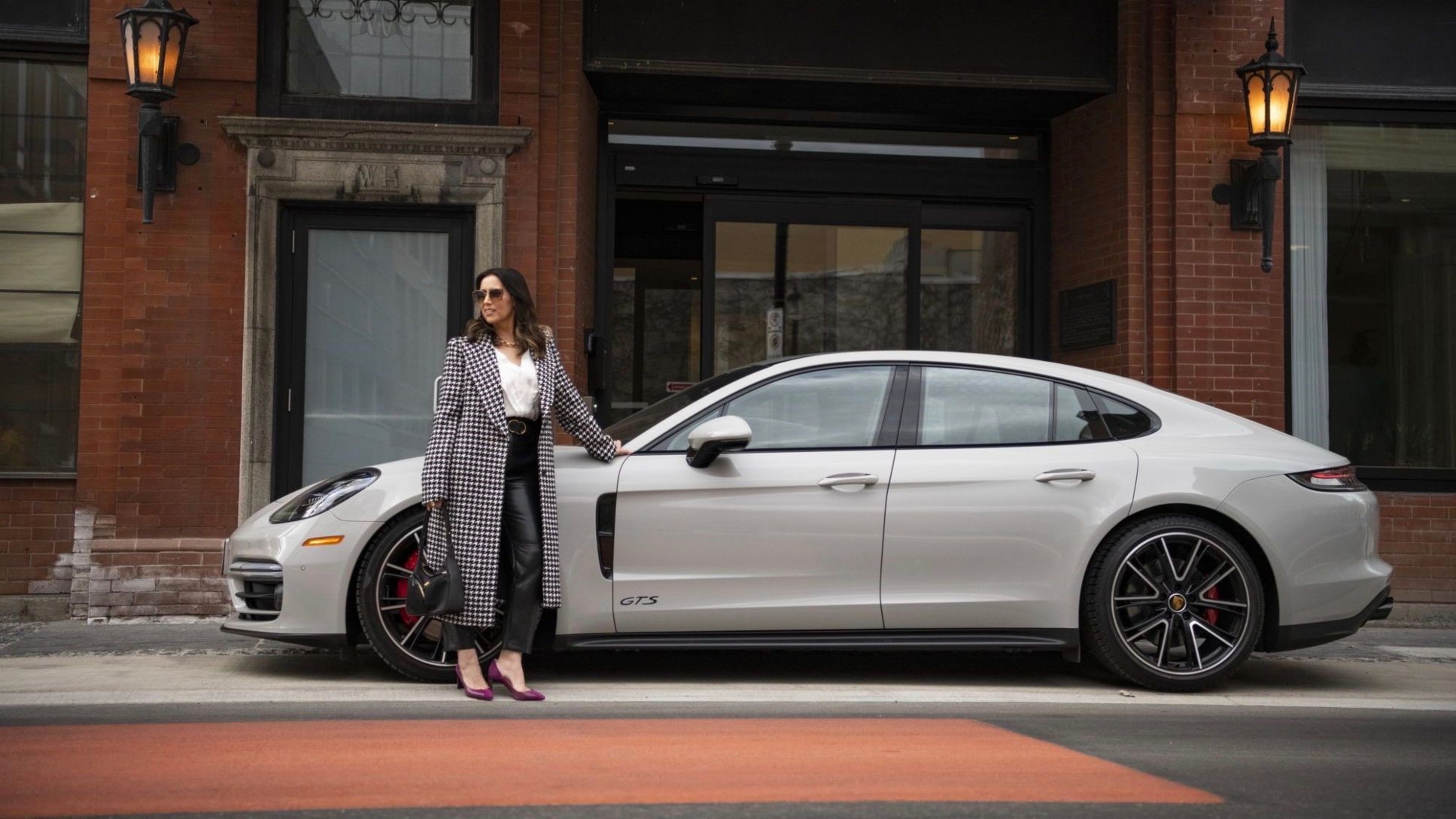
Tesla and technological pioneering: For women who embrace innovation, Tesla is more than just a car – it is a statement of futurism, technology and distinction.
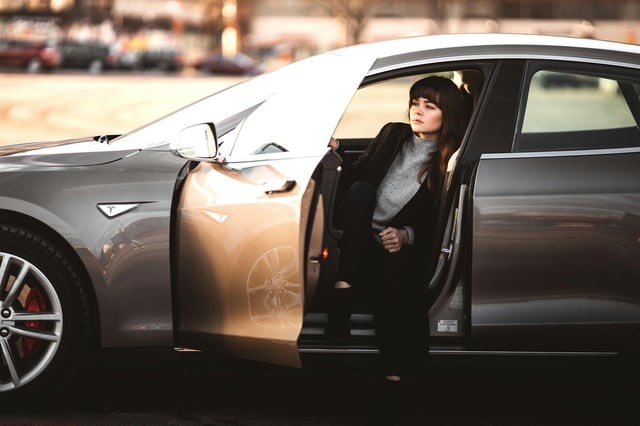
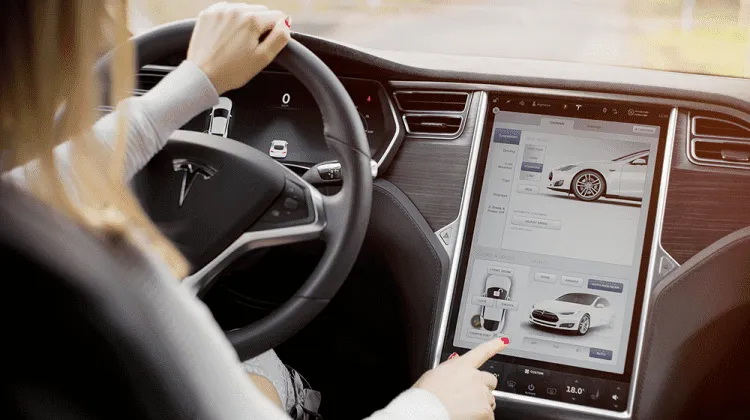
The trend in Vietnam: female entrepreneurs and “identity choices”
In Vietnam, as the number of high-net-worth women (HNWI) grows, the demand for luxury cars is shifting visibly. Many young female leaders adopt the philosophy of “car as lifestyle” where a car synchronises with fashion, personal brand and even social messaging.
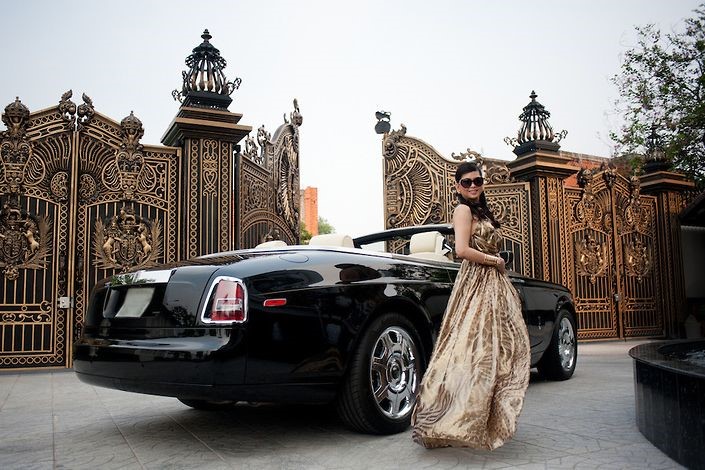
Personalisation: Female entrepreneurs increasingly request bespoke options: exclusive paint colours, customised leather interiors, even engraving their names or brand logos.
Prioritising convenience: 360-degree cameras, driver assistance systems, seat massage, smart connectivity – all for comfort and safety.
Growing electrification: Despite limited charging infrastructure, more women are interested in EVs as a way to align themselves with the future.
Cars as part of female leadership identity
A car can reveal more about its owner than lengthy introductions. For women in business, it is not simply a status symbol, but a subtle language of leadership identity. A Rolls-Royce often evokes solidity, pride and ultimate power. A Porsche Taycan reflects modernity, innovation and forward-thinking spirit. Meanwhile, a Range Rover, with its sturdy exterior and comfortable interior, embodies pragmatism and balance – a harmonious choice between business pressure and private life.
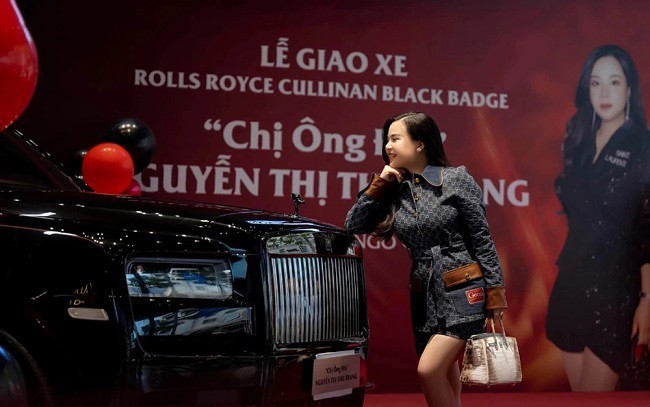
Here, “Women & Cars” is no longer about gender, but about identity and lifestyle. It marks a shift from performance to experience. Where men once debated horsepower and torque, women are redefining the approach: a car as part of life’s journey. This is forcing the automotive industry to adapt – from design and marketing to after-sales service – all must address the refined and diverse needs of women.
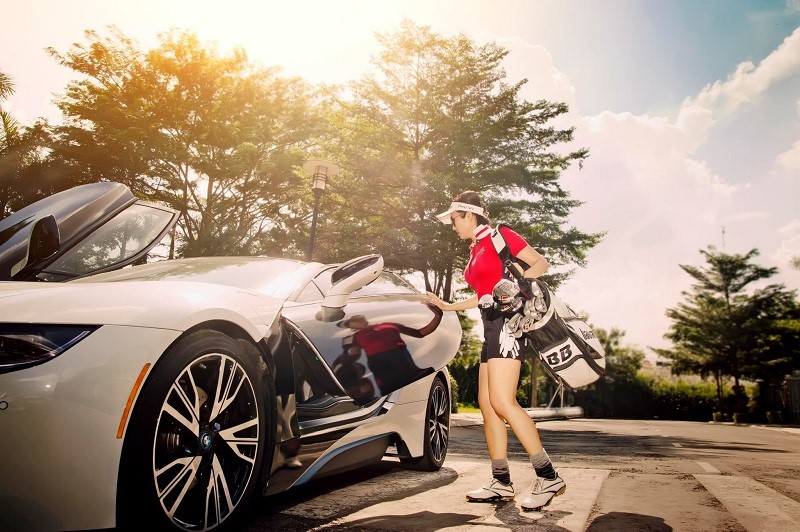
In a world where women hold increasing economic power, the cars they choose have become a silent yet forceful statement. No longer revolving around numbers of speed, but embodying the pursuit of balance in life. Transcending the pure concept of performance, cars today represent experience and lifestyle, marked with individuality. Most importantly, they are no longer defined as “a man’s domain”, but as a distinct language illustrating the strength and identity of modern female leaders.

Read more:

